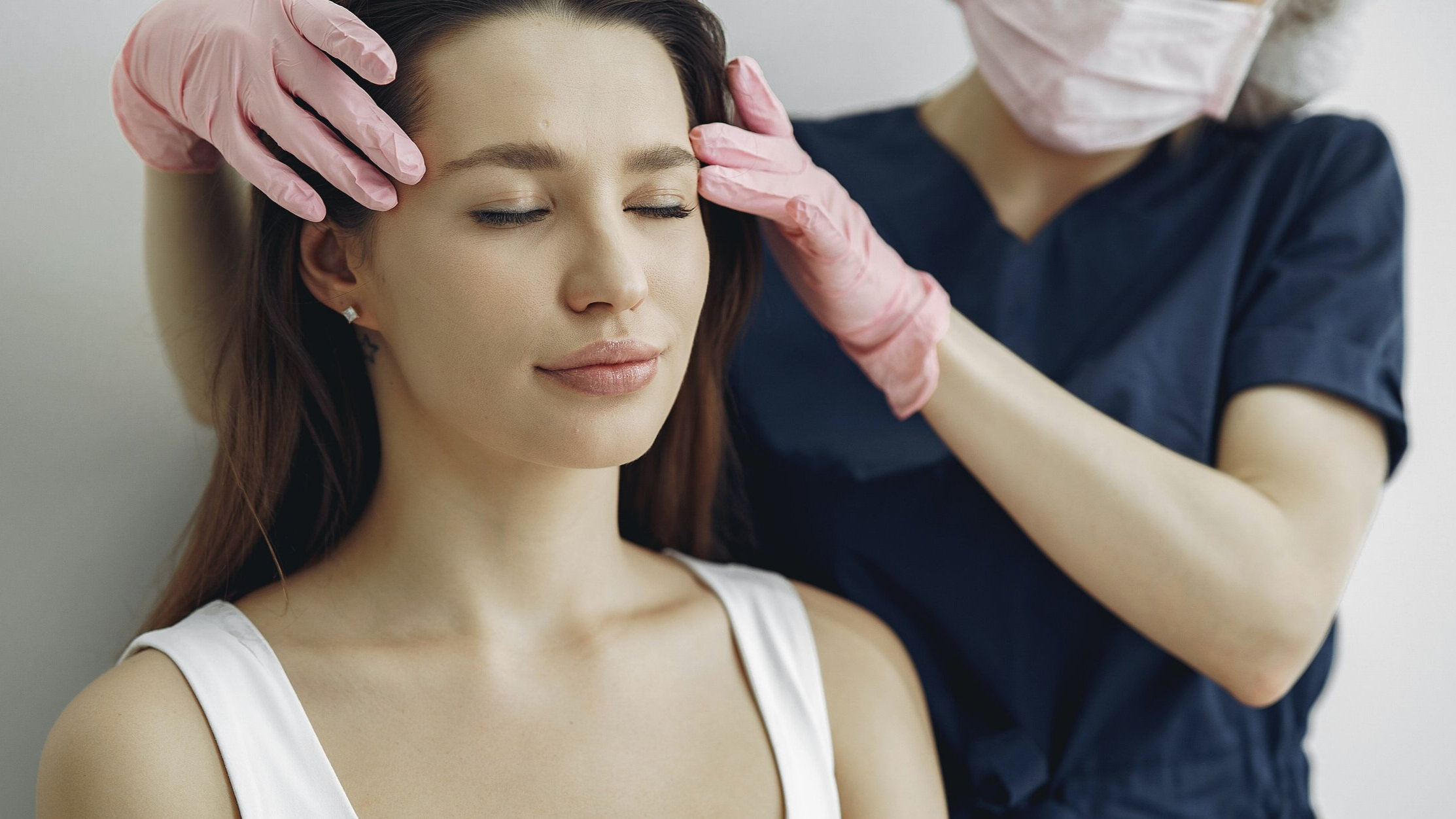
Dermal Fillers
What can fillers do for you?
As we age, we lose the natural fat and tissue under our skin that gives our faces that firm, full, youthful look. This includes proteins like collagen and elastin, which are integral to the structure of our skin.
Correct placement of filler will restore volume to your skin, reducing the appearance of lines and wrinkles or enhancing youthful contours to the face.
Read our comprehensive article about the Basics of Dermal Filler in The Aesthetics Edit.
-
Dermal fillers are soft, clear gel made of a substance found naturally in your skin called hyaluronic acid (HA). This substance can bind 1000x its own weight in water, and helps skin look plump and hydrated.
There are many different fillers on the market, and legitimate pharmacies will only provide them to medical professionals. Be careful as it is possible to buy untested or non-FDA approved fillers online without knowing exactly what is in them.
Don't be afraid to ask your clinic and aesthetic practitioner what filler brand they use and ensure that it is an appropriate and high-end product that is going into your face.
Dr. Emmaline works with many premium brands for her treatments, including Juvederm, Teoxane, Belotero, Neauvia, and Restylane for our aesthetic treatments. -
Everyone knows about lip fillers, but fillers can be used in many other places as well!
This includes tear troughs (under-eye area), temples, cheeks, marionette (mouth-to-chin) lines, nasolabial folds (nose-to-mouth), and around your jawline or chin to sculpt.
Use of fillers to rejuvenate your features in multiple areas is known as a "liquid facelift.”
-
Most of the time there are no major side effects associated with fillers. Minor things like bruising, swelling, and some bleeding can occur but usually subside after a few days. Less commonly, local reactions or infections can occur, which may require input from your practitioner to resolve.
-
The biggest risk associated with fillers is something called a vascular occlusion. This is when filler enters a blood vessel, or swelling around filler is so extreme it compresses a blood vessel from the outside. You have a lot of veins and arteries in the face, which is why your aesthetic clinician should be medically qualified with a clear knowledge of anatomy.
If filler does enter a vessel, you clinician will have to dissolve the filler right away. The medication used to dissolve this filler is known as hyaluronidase and is prescription-only. That means that if you need filler dissolved in a medical emergency, and you are not seeing a prescribing medical professional for your fillers, they will not be able to do anything about it. -
Before your treatment, avoid any medications that could increase your risk of bleeding and bruising (such as aspirin or ibuprofen), unless you are taking them as prescribed by your doctor. It's usually recommended that you avoid alcohol on the day before and after your treatment.
After your treatment, you should also avoid any strenuous exercise or heat. For the rest of the day avoid touching the area of putting any makeup on your skin. For the next two weeks do no have any other cosmetic treatments, chemical peels, or use a tanning bed.

Ready to book?
When Science and Art met Beauty



